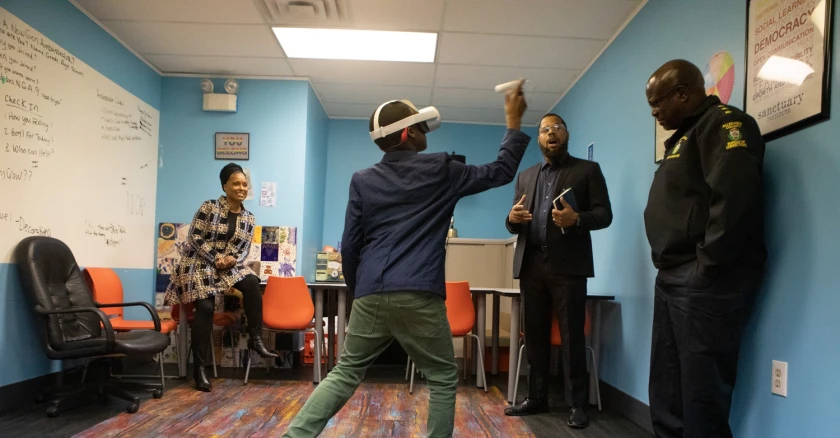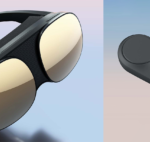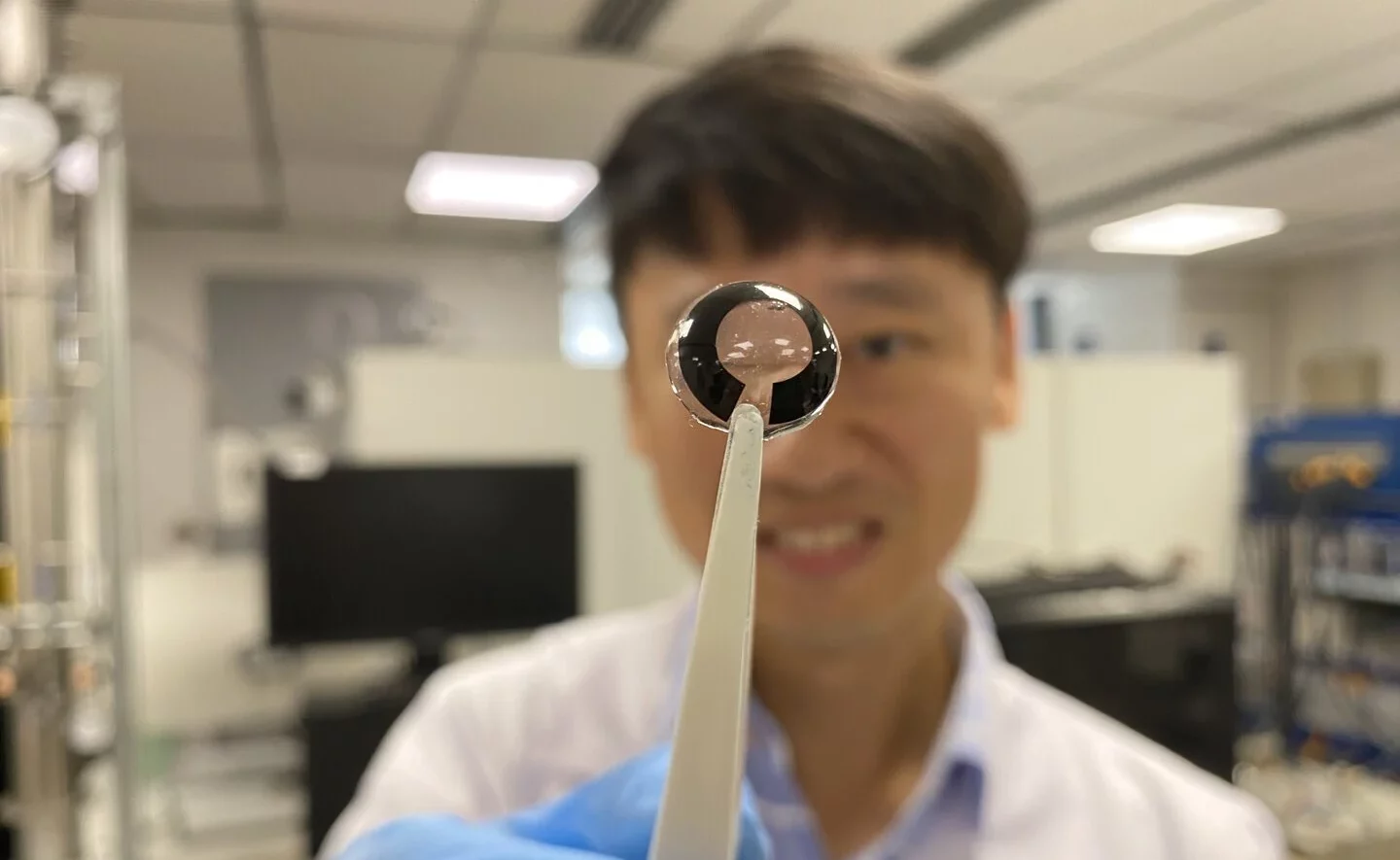The Pennsylvania Department of Corrections is using immersive technology to help rehabilitate incarcerated parents.
One of the incredible benefits of VR is its ability to connect people over long distances in a personal and intimate manner. Immersive technology has also proven to be an effective tool when it comes to education and training.
First reported by Government Technology, the Pennsylvania Department of Corrections has created a pilot program that aims to improve the relationship between parents and their children by training incarcerated parents on how to communicate with their children using modern VR technology.
The pilot program was supported by a $680,000 grant from the US Office of Juvenile Justice with funds being used to purchase 21 Meta Quest 2 VR headsets, which were then distributed to participating facilities.
According to Deb Sahd, a special assistant to the secretary of corrections, the program features 11 virtual experiences that allow children and parents to interact with each other in unique and interesting ways. One experience, for example, allows the parent and child to chat with one another while exploring the International Space Station.
The technology allows children to visit their incarcerated parents remotely without having to physically travel to their facility. In addition, the program leverages the help of organizations such as Amachi Pittsburgh and Public Health Management Corporation in Philadelphia to facilitate the visits and help any child who might have questions about the VR program or the prison system.
Staff monitor each visit via a laptop and have the ability to offer guidance or select dialog to help guide parents through a meeting.
The DOC’s pilot program is being conducted using the Wrap Technologies VR training platform and is focused on helping families improve their relationships. It also provides the VR hardware and software needed for the training of the facility’s staff members.
According to TJ Kennedy, CEO of Wrap Technologies, the company’s VR platform can help parents and children develop healthy relationships, set important boundaries, and avoid potential conflict.
Participants can customize the appearance of their VR avatars to resemble their own families or experiences. Along with parenting tips and avatars, the program also provides educational VR experiences that teach participants how to shop for food, use a smartphone, and clean an apartment; important information for those exiting the prison system. The program will also be incorporating more language options in the future.
“The goal, really, here is good family and community reintegration,” said Kennedy.
Sahd explains that remote visits through community providers can help minimize the negative experiences that children might have when visiting an institution. “Like I always say, outside of recidivism, this is about creating a better life for somebody,” said Sahd in an interview with GovTech.
Through this approach, the DOC can use VR to help rehabilitate incarcerated parents, improve their communication skills, and teach them healthy parenting techniques.
The VR training builds on Parenting Inside Out and InsideOut Dads, two important programs used by the Pennsylvania Department of Corrections as well as numerous other prison systems.
Through the partnership with the DOC, Kennedy sees the bigger value of VR, saying, “I think for both societal re-entry, corrections and law enforcement, we’re in a really important place where there is an investment that can be leveraged to use new technology.” At the moment, the VR program is available at various Pennsylvania correctional facilities, such as Muncy, Frackville, and Phoenix.
The results of the post-visitation surveys will be used by the DOC to evaluate the effectiveness of the program, which will also be used for a Pennsylvania State University study in 2023.
Feature Image Credit: GovTech
The post VR Connects Incarcerated Parents With Their Children appeared first on VRScout.







